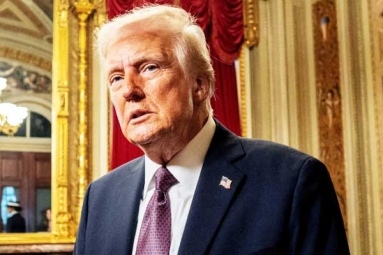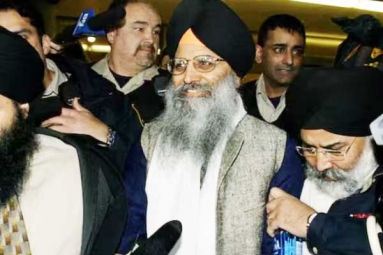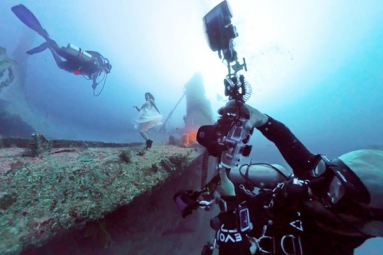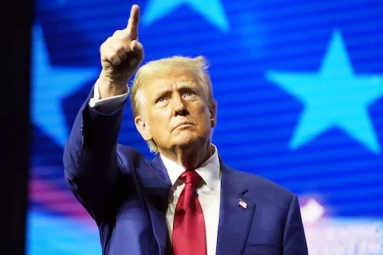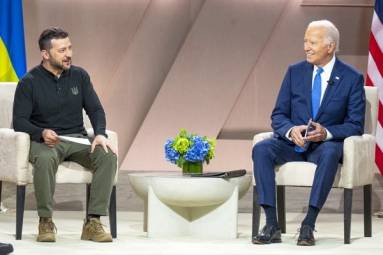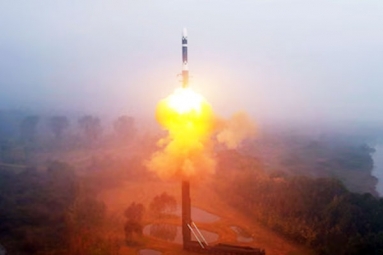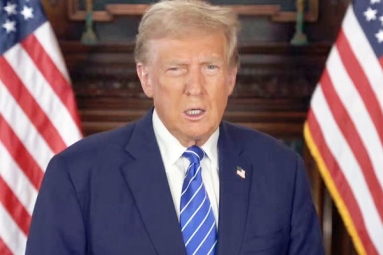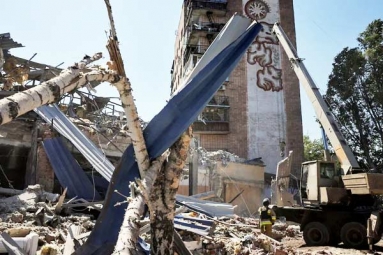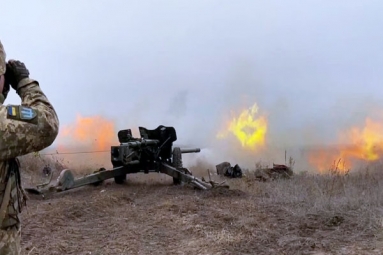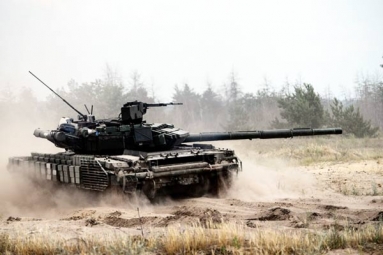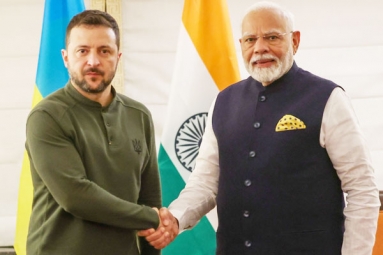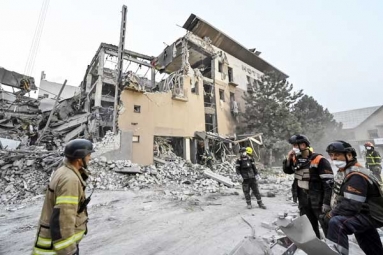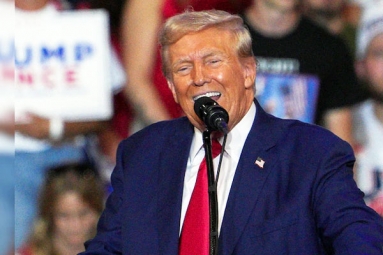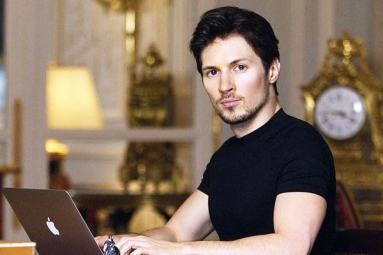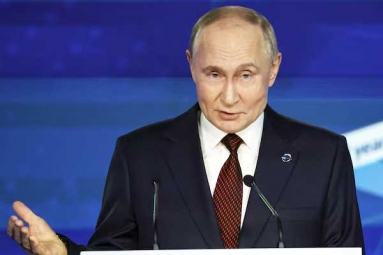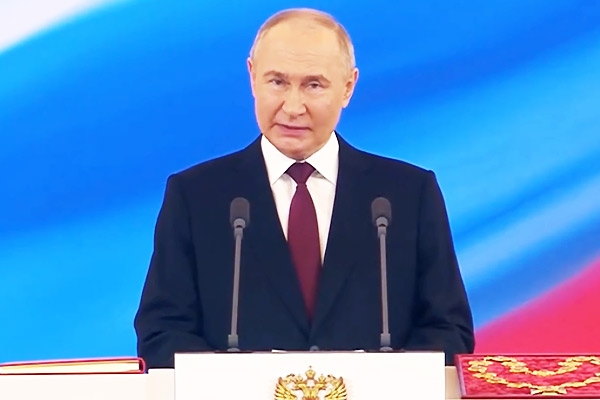
(Image source from: Twitter.com/mfa_russia)
Russia’s political leader, Vladimir Putin, has taken the oath of office for his fifth term as president. The ceremony was attended by Russia’s political elite, but was boycotted by the United States, United Kingdom, and most European envoys. Putin’s new presidential term could mean he will stay in power for the next 30 years, as he continues to wage war in Ukraine and clashes with the west. Putin’s speech was marked by a strong sense of nationalism, as he sought to claim a mandate for his foreign policy that has resulted in tens of thousands of Russians and Ukrainians losing their lives. He thanked the citizens of Russia for their support and praised their understanding of the country’s history, values, and national interests, which he believes will be critical in overcoming the serious challenges the country faces.
To offset the costs of the war and western sanctions, unpopular decisions such as raising taxes were taken. On Tuesday, the Russian prime minister, Mikhail Mishustin, signed an order dissolving the cabinet, and Putin may nominate a new prime minister as soon as Tuesday. Until new candidates are chosen, Putin's cabinet will continue in an acting capacity. The Kremlin downplayed the western diplomatic boycott of the event, highlighting the attendance of a few European countries. Although several western countries recalled their ambassadors before the event, envoys from France, Hungary, Slovakia, Greece, Malta, and Cyprus attended the inauguration. The Kremlin said that the US Ambassador to Moscow, Lynne Tracy, was absent from Russia on the day of the inauguration. Berlin also recalled its ambassador for a week of consultations in Berlin after an alleged Russian cyber-attack against Germany's ruling Social Democratic party. Putin's opponents took the day to remember the victims of his rule and Russia's path towards authoritarianism. Yulia Navalnaya, the wife of the late opposition leader who died in a penal colony earlier this year under murky circumstances, wrote, "War, political assassinations, impoverishment of Russians."
#LIVE: Inauguration ceremony of the newly elected President of the Russian Federation Vladimir Putin in Kremlin https://t.co/9pXO1dSzke
— MFA Russia (@mfa_russia) May 7, 2024
Margus Tsahkna, the foreign minister of Estonia, declared that Russia's citizens are not experiencing peace and freedom. He also stated that Estonian diplomats will not participate in Putin's inauguration following his alleged election victory. The reason being that Ukrainians continue to face violence and displacement on a daily basis. Estonia refuses to celebrate with an aggressor, especially considering the fact that Putin is wanted for war crimes.






